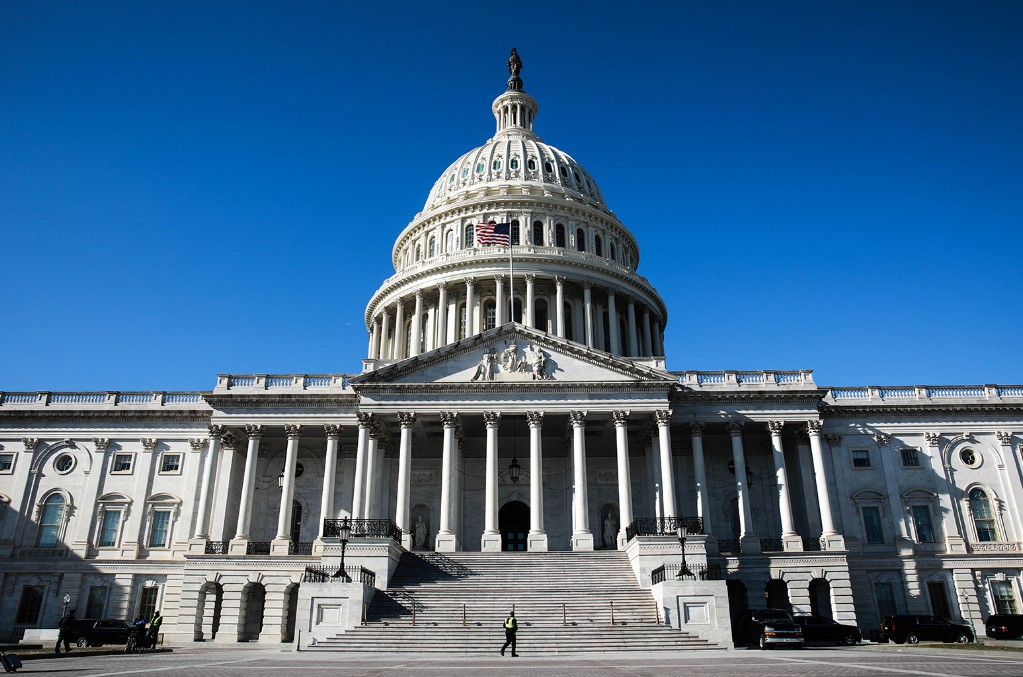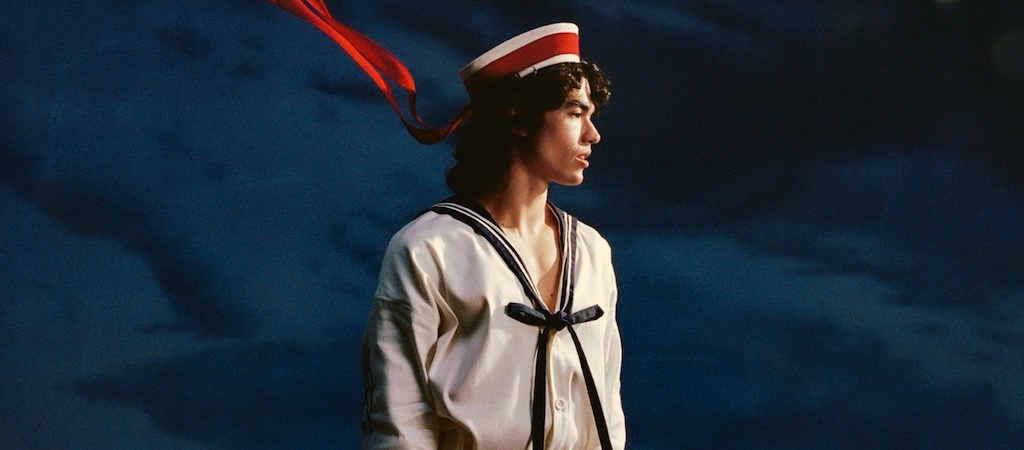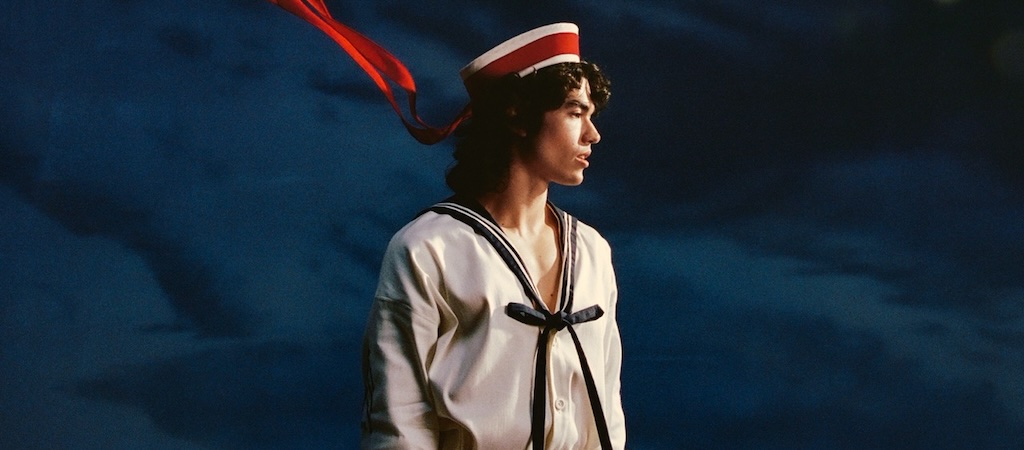The proposed legislation would preclude companies like iHeartRadio and Entercom from receiving PPP funds under the Senate's HEALS Act.
The Recording Academy and the American Association of Independent Music (A2IM) are supporting a new Senate bill that would allow small businesses and individuals to qualify for a second loan under the Paycheck Protection Program (PPP), while also prohibiting large radio conglomerates from receiving the aid.
In a joint letter addressed to Sen. Marco Rubio (R-FL) — who sponsored the Continuing Small Business Recovery and Paycheck Protection Program Act as chairman of the Senate’s Committee on Small Business and Entrepreneurship — the trade organizations voiced their support for the legislation, which has been integrated into the $1 trillion Senate stimulus package known as the Health, Economic Assistance, Liability Protection and Schools (HEALS) Act.
Under the proposed legislation, no company with more than 300 employee across locations would qualify for forgivable PPP loans. That’s a change from the CARES Act bill, which allowed companies with multiple physical locations — like radio stations — to receive forgivable PPP loans for individual outlets, so long as each of those outlets employed less than 500 people.
“On behalf of recording artists and small independent record labels across the country, we write to support the Continuing Small Business Recovery and Paycheck Protection Program Act,” begins the letter, which was signed by Recording Academy chief advocacy officer Daryl Friedman and A2IM president and CEO Richard James Burgess. “Most importantly, Paycheck Protection Program (PPP) Second Draw loans would be a needed lifeline to true small businesses in the music industry, and a reduction of the employee cap to 300 employees is sound public policy.”
The CARES Act controversially opened up the PPP program to radio conglomerates including iHeartMedia, Entercom and Townsquare Media, each of which own hundreds of radio stations across the U.S. Opponents argued that the multiple-location clause drained funds from a program that was designed to benefit small businesses, leaving many without needed relief.
In the letter, which was sent Monday, the Recording Academy and A2IM applauded Rubio for barring radio conglomerates from qualifying for the loans under the new legislation.
“Together, we are very pleased to see that your proposal does not include provisions supported by the broadcasting industry, and radio broadcasters specifically, to allow radio stations owned by mega conglomerates to qualify if an individual location employs fewer than 500 people,” the letter reads. “PPP funds have proven challenging to secure, and opening up a pot of money to enormous companies that have other means of accessing capital, defeats Congress’ laudable objective of targeting aid to businesses on the front lines in struggling communities.”
Friedman and Burgess note that under federal copyright law, broadcast radio — which brings in an estimated $11 billion in advertising revenue each year — is excused from paying recording artists and record labels for the public performance of sound recordings.
“In the context of emergency aid, it is crucial to recognize that this unfair treatment under copyright law means that recording artists and labels feel zero downstream impact from taxpayer funded economic support to broadcasters,” the letter continues.
It adds, “Under the current PPP requirements, many small local broadcasters have already received support, and we don’t object to true small businesses accessing these funds. According to data released by the Small Business Administration, over 2,000 radio broadcasters have received as much as $350 million in support. 25 of those companies have over 100 employees. Suffice it to say, the program is already very generous. But the five largest radio conglomerates in the country own over 1,900 stations, are anything but small, and should not qualify for this aid.”
Introduced late last month, the Republican-led HEALS Act is one of two Congressional COVID-19 relief packages currently under review. The other is the $3 trillion Democrat-led Heroes Act, which was passed in the House of Representatives on May 15.
You can read the full letter below.
Dear Senator Rubio:
On behalf of recording artists and small independent record labels across the country, we write to support the Continuing Small Business Recovery and Paycheck Protection Program Act. Most importantly, Paycheck Protection Program (PPP) Second Draw loans would be a needed lifeline to true small businesses in the music industry, and a reduction of the employee cap to 300 employees is sound public policy. We also remain hopeful that Congress will clarify certain aspects of the PPP so that relief is more readily accessible to self-employed individuals.
The American Association of Independent Music (A2IM) represents more than 700 record labels in 33 states. A2IM members are true small businesses. Of its record label members, more than 140 make less than $1 million a year, and several dozen are sole proprietors.
The Recording Academy represents the voices of performers, songwriters, producers, engineers, and all music professionals. It represents only individuals and has no company or corporate members. The Academy advocates on behalf of music creators and celebrates artistic excellence through the GRAMMY Awards®—music’s only peer-recognized accolade and highest achievement.
Together, we are very pleased to see that your proposal does not include provisions supported by the broadcasting industry, and radio broadcasters specifically, to allow radio stations owned by mega conglomerates to qualify if an individual location employs fewer than 500 people. PPP funds have proven challenging to secure, and opening up a pot of money to enormous companies that have other means of accessing capital, defeats Congress’ laudable objective of targeting aid to businesses on the front lines in struggling communities.
As you may know, federal copyright law affords special treatment to broadcast radio over all other forms of music distribution in that radio stations do not have to pay a dime to recording artists and record labels for the public performance of sound recordings. The United States is the only developed country in the world where this is the case and, as a result, music format radio stations make $11 billion a year in advertising revenue without being required to compensate creators, whose product draws consumers to radio in the first place.
In the context of emergency aid, it is crucial to recognize that this unfair treatment under copyright law means that recording artists and labels feel zero downstream impact from taxpayer funded economic support to broadcasters. When PPP went to restaurants, for instance, that freed up capital for downstream economic benefit, flowing to food distributors, furniture suppliers, and others.
Under the current PPP requirements, many small local broadcasters have already received support, and we don’t object to true small businesses accessing these funds. According to data released by the Small Business Administration, over 2,000 radio broadcasters have received as much as $350 million in support. 25 of those companies have over 100 employees. Suffice it to say, the program is already very generous. But the five largest radio conglomerates in the country own over 1,900 stations, are anything but small, and should not qualify for this aid.
Thank you for your continued leadership and commitment to small businesses. We appreciate the principled and responsible position laid out by your proposal and welcome an opportunity to help with its enactment as part of the next relief package.
Sincerely,
/s/
Dr. Richard James Burgess
President and CEO
American Association of Independent Music
/s/
Daryl Friedman
Chief Advocacy Officer
Recording Academy




